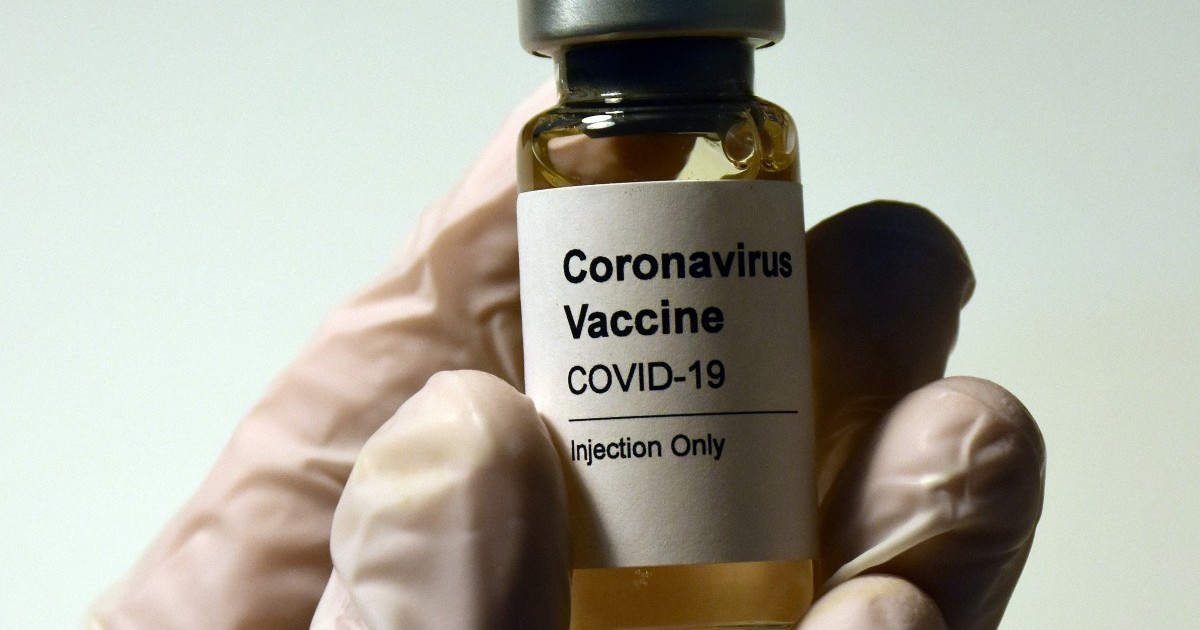Mpox isn’t in the Covid vaccine

There is no link between mpox cases and a component of the AstraZeneca vaccine, despite claims made in a number of viral social media posts.
The posts in question show the AstraZeneca Covid-19 vaccine’s package leaflet detailing its ingredients, including “recombinant, replication-deficient chimpanzee adenovirus vector encoding the SARS-CoV-2 Spike glycoprotein”—but falsely implies a link between it and developing mpox.
There is no link between this ingredient and developing mpox—previously known as monkeypox—in humans.
This claim has resurfaced after initially circulating during a previous rise in mpox cases in 2022.
Health misinformation can introduce confusion about the causes and treatments of illnesses, create distrust of medical professionals, and distract from or undermine medical consensus and public health messaging.
Honesty in public debate matters
You can help us take action – and get our regular free email
What is chimpanzee adenovirus?
The images of the leaflet featured in the posts all have the words “chimpanzee adenovirus” circled in red. This virus is not responsible for mpox and neither is it from the same family of diseases that causes it.
Adenoviruses are common and usually cause a mild cold or flu-like illness. Meanwhile the mpox virus belongs to an entirely separate family of diseases known as orthopoxvirusesand leads to a disease that looks similar to smallpox, to which it is related. As we’ve written recently, it’s also more common for the virus to occur among small rodents than among monkeys.
And in the case of the AstraZeneca vaccine, the adenovirus has been weakened and modified ensuring it doesn’t cause any disease among those receiving it.
Why is the ingredient used in AstraZeneca’s Covid vaccine?
As we’ve said several times before, the chimpanzee virus is used because it generates a strong immune response, and humans are less likely to already have antibodies against it than if a ‘human’ strain of virus was used.
This modified virus is used in the vaccine to carry the genetic information encoding the SARS-CoV-2 spike protein (a protein on the surface of the virus which causes Covid-19). When the vaccine enters cells in the body, the genetic code is used to produce the spike protein. This allows the immune system to recognise the virus in future and attack it. The chimpanzee virus has been genetically modified so that it cannot grow or cause infection in humans.
In May this year AstraZeneca announced it was making a “commercial decision” to withdraw its Covid vaccine from sale.


